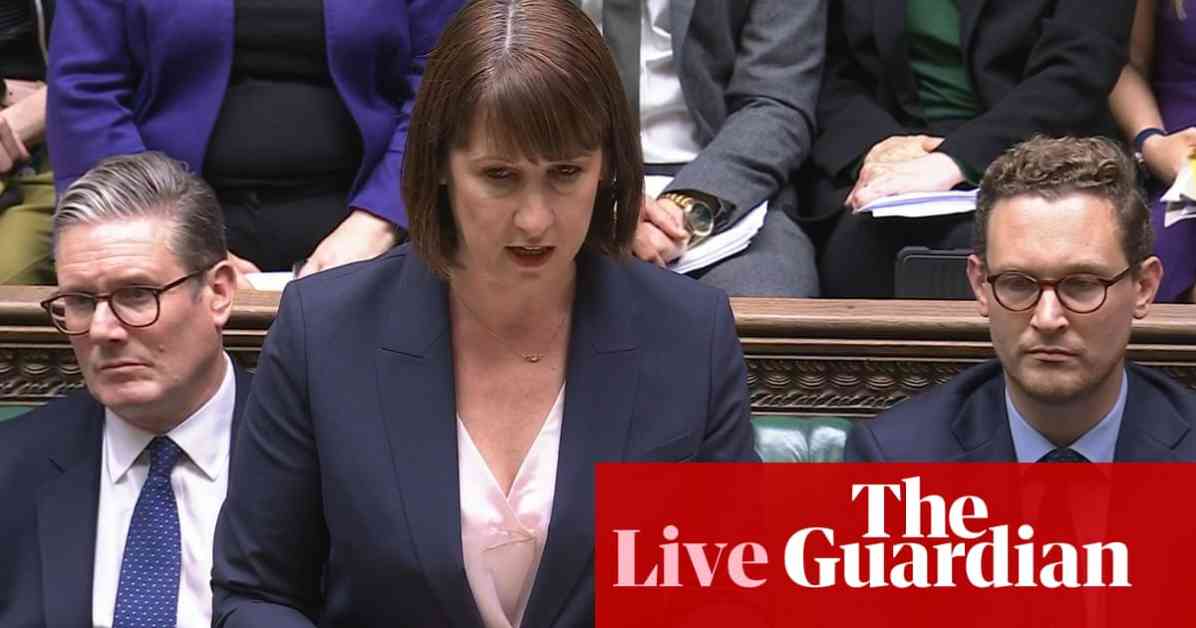Rachel Reeves, the Chancellor, has made a significant announcement regarding winter fuel payments for pensioners. She stated that the payments will now be restricted to poorer pensioners, meaning that those not in receipt of pension credit will no longer receive the winter fuel payment. Reeves emphasized that this decision was not one she wanted to make, but it was necessary due to the £22bn spending shortfall that the government is facing.
In addition to this announcement, Reeves also mentioned that the government will continue to provide winter fuel payments worth £200 to households receiving pension credit and £300 to households in receipt of pension credit with someone over the age of 80. She reiterated the commitment to protect the triple-lock but emphasized that tough decisions need to be made to address the current economic situation.
The article also highlights key events related to pay increases for teachers, police officers, members of the armed forces, prison officers, and judges. Teachers in England will receive a pay rise of 5.5%, police officers in England and Wales will get a 4.75% pay increase, members of the armed forces will receive a 6% pay rise, prison officers will see a 5% increase, and judges will receive a 6% pay rise.
Furthermore, a former Treasury official, Jill Rutter, supported the notion that Treasury officials were not allowed to discuss spending pressures with Rachel Reeves before the election. This aligns with the statement made by Nick Macpherson, another former Treasury official, who mentioned that officials were restricted in sharing certain information with the Shadow Chancellor.
The Office for Budget Responsibility (OBR) has launched an inquiry into whether the Treasury provided misleading information about the cost of Tory spending plans. This inquiry was initiated by Richard Hughes, the OBR’s chair, who expressed concerns about the transparency and credibility of government forecasting and planning processes. The OBR identified a significant overspend against the departmental expenditure limit (DEL) plans set by the Treasury, amounting to £21.9 billion in net pressures for the current financial year.
Overall, the article sheds light on the challenging economic situation facing the government and the tough decisions that need to be made to address the spending shortfall. It also emphasizes the importance of transparency and accuracy in government financial forecasts and planning processes to ensure economic stability and public trust.












